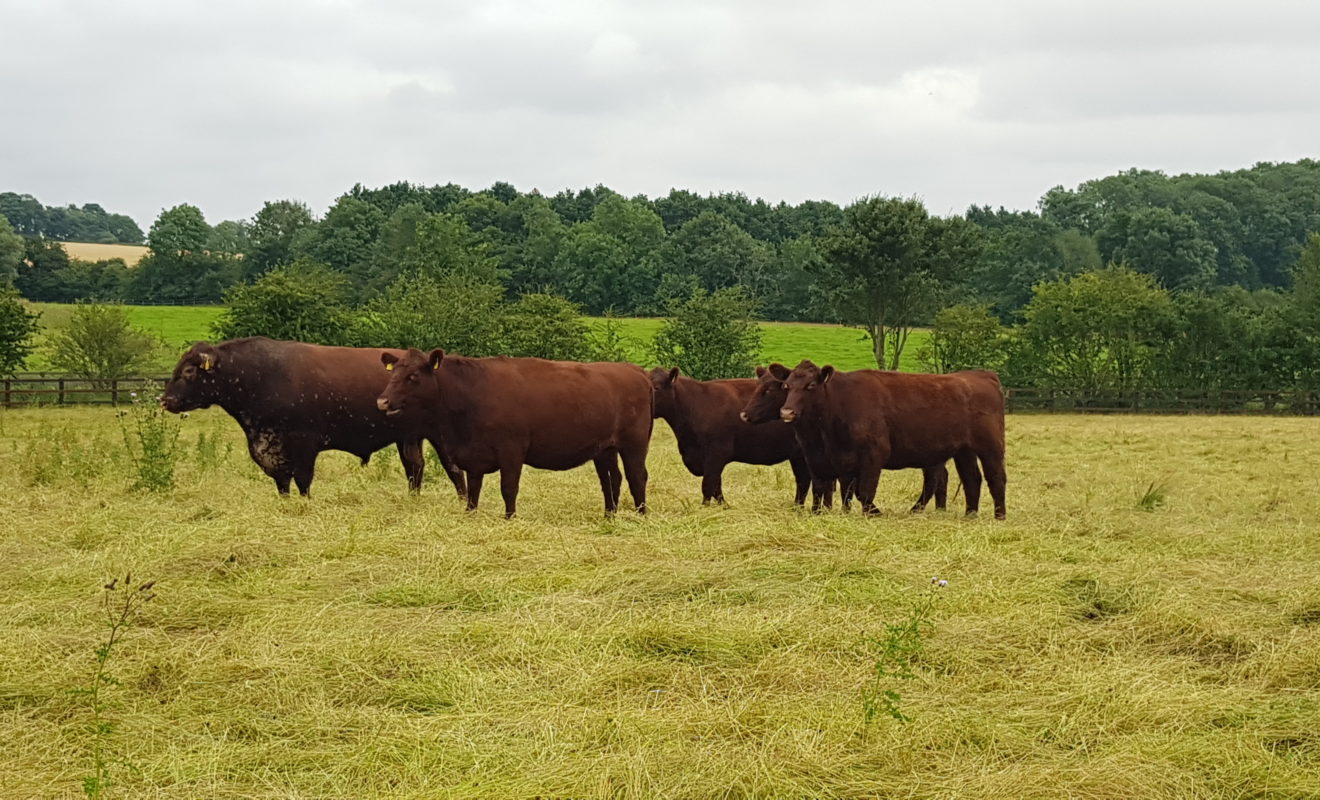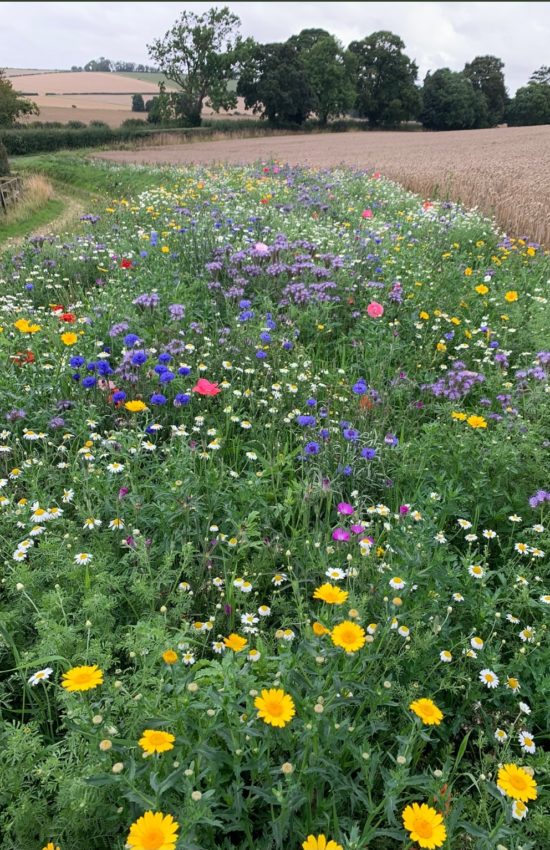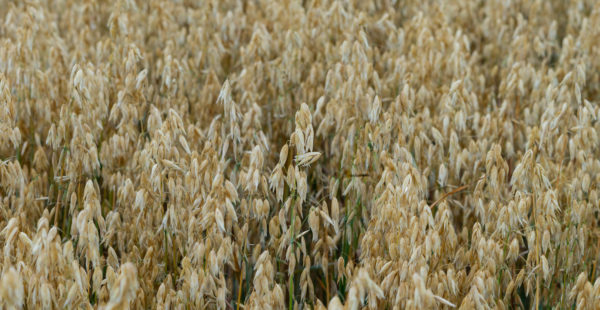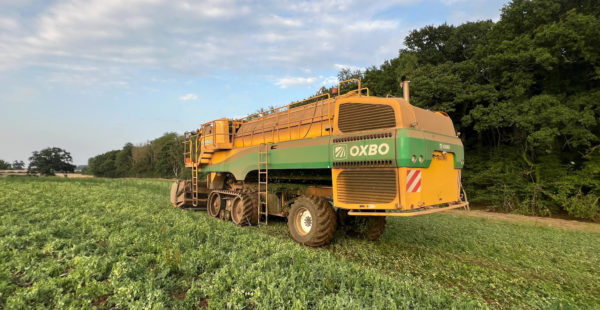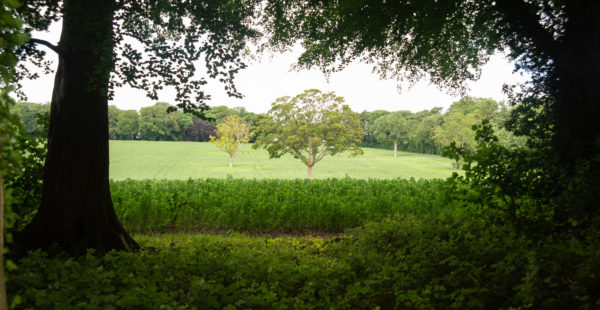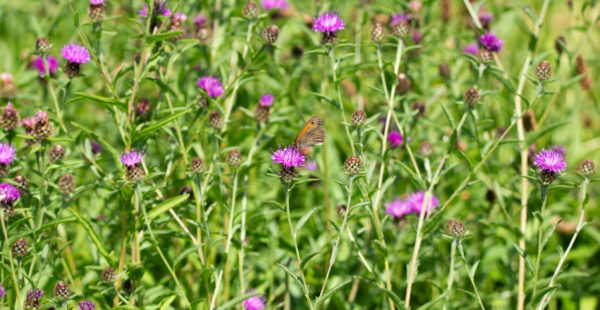It is a commonly held belief that the best way to feed the world in the 21st century is by using chemical fertilisers, pesticides, herbicides, and GMO crops, this is just not true. Modern farming techniques that rely on adding chemicals to the soil contribute to Greenhouse Gas (GHG) emissions, pollution of waterways, degradation of soils, reduced biodiversity, and many more environmental issues.
The main problem with modern farming techniques is that they reduce, rather than improve, soil health. In fact, many aspects of modern farming degrade soils, reducing organic content, which leads to poor soil structure and soil at greater risk of erosion from wind and rain. Worms are a crucial part of a healthy soil’s ecosystem, and the nitrogen in fertilisers is toxic to them. Using large farm machinery can compact the soil, reducing water retention and increasing runoff, and pesticides and chemical fertilisers can kill valuable microbes, and contributes to water pollution.
Regenerative agriculture tackles many of these environmental issues that modern farming has contributed to. While not a quick fix, it has long-term potential to reduce flooding and improve water retention in the soil, and reduce watercourse pollution. Regenerative agriculture techniques also improve the quality of the soil, so more carbon dioxide can be taken out of the atmosphere, and held in the soil, while still feeding the nation high-quality nutrient-dense food.
This all starts with working at improving the health of the soil ecosystem. The soil ecosystem is complex and wonderful – a teaspoon of healthy soil contains more microbes than there are humans on the planet and there is a lot to be learned about the important work that these diverse microbes do for the soil ecosystem and the plants that grow in the soil.


